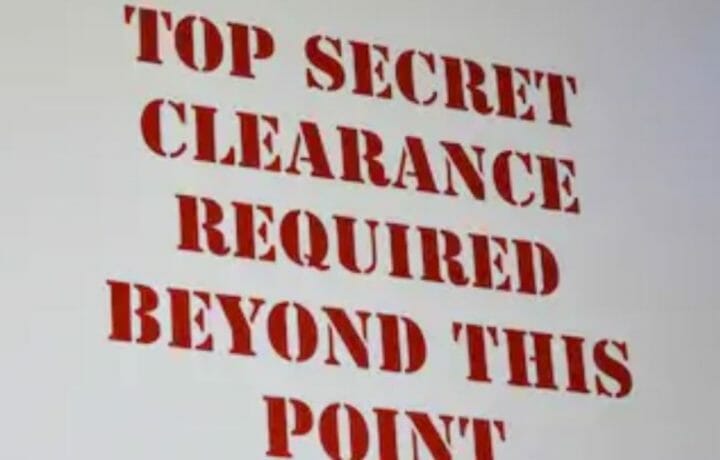Despite a general consensus in Washington about the need for security clearance reform, the majority of efforts to-date have been focused more on optics than on substance. No doubt policymakers on both sides of the aisle mean well. But it is difficult to take the efforts seriously when the most widely touted result has been to change the name of the key investigative service provider from OPM-FISD to the “National Background Investigations Bureau” (which, incidentally, sounds more like something out of a Stan Lee movie than a federal agency).
Perhaps the reason for the lack of progress is that Congress, the Administration, and OPM have failed to consult with anyone who actually deals with this process on the ground floor: federal background investigators, security clearance attorneys, or adjudicators. Instead, reforms have been dictated from a macro level, resulting in the type of public relations efforts and bureaucratic shuffling (e.g. “NBIB”) one might expect from politicians.
The reality is that there is no pressing need to increase the frequency of background investigations, create a “new” federal agency, or even implement social media monitoring. The fundamental problem with the security clearance process today is actually the quality of the investigations being conducted already. Most are essentially box-checking exercises instead of true investigations.
I should know: for seven years I have had a front-row seat to the dysfunction, first as an investigator and now as a defense attorney. In all that time I have read literally hundreds of background investigation reports and have often been shocked at the perfunctory nature of the reports, the sloppy writing, and the lack of effort to follow-up on potential security concerns. That assessment applies not just to OPM, but also to the intelligence agencies, where sloppy investigations are offset by an over-emphasis on the faux science called the polygraph.
To be clear, I don’t blame the background investigators. They are poorly paid, poorly trained, and under tremendous pressure to close cases quickly. Many have no prior law enforcement background and were never trained in the art of interview technique. Those who do have a law enforcement background are hamstrung by pointless report formatting requirements and the practical realities of time constraints.
I do, however, blame policymakers over several decades for allowing this to happen. Here, once again, is evidence of the problems with dictating such a complicated process from a macro level: there is little to no understanding at the top about how to actually conduct a quality investigation.
So what really needs to happen in order to fix the problems? Here are my four recommendations to the Administration and Congress:
- Invest in your workforce. Federal background investigators should be required to meet strict hiring standards, undergo far more comprehensive training on investigation and interview techniques, and should be compensated at a level that attracts quality employees.
- Unchain investigators from pointless bureaucratic box-checking requirements and allow them wider latitude to conduct real investigations and follow-up on promising leads. Pay investigators for quality over quantity and condense the number of investigative products offered into a maximum of three to limit confusion. Reformat the Report of Investigation (ROI) template to focus on issues as opposed to irrelevant administrative minutia.
- Remove FISD from OPM oversight entirely. Background investigations must be conducted through a national security lens, not with a human resources mindset. OPM has proven repeatedly that it is not the right agency for this job. I recommend moving FISD under the authority of an agency whose primary mission is national security and/or law enforcement – like the FBI.
- Enforce federal law already on the books that would cause local police departments that refuse to cooperate with federal investigators to lose their eligibility for federal grant funds. This is a major problem and the reason why Navy Yard shooter Aaron Alexis was able to slip through the cracks.
None of these solutions make for an easy public relations fix. But the problem does not cry out for one – it demands serious efforts by serious people. I urge policymakers on both sides of the aisle to take a hard look at the “reforms” to-date and ask why we are applying band-aids to a wound that requires surgery.


